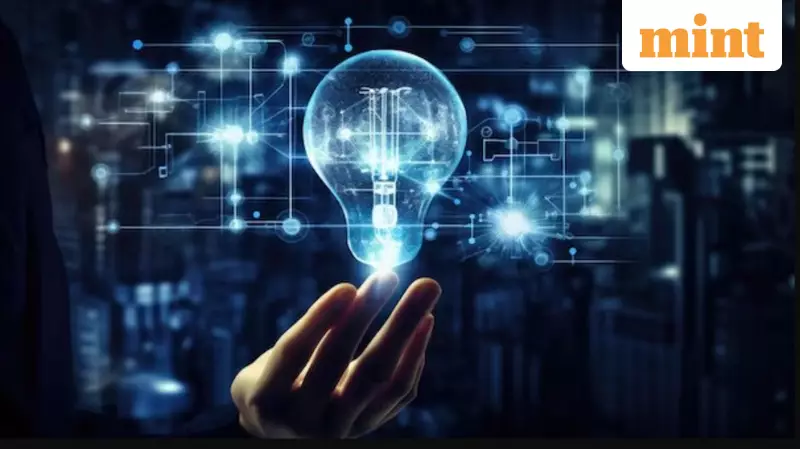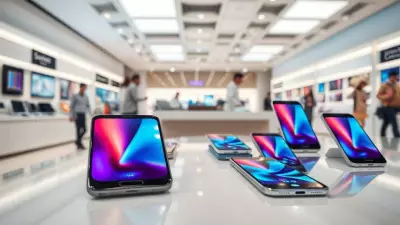
From Crisis to Comeback: Google's AI Transformation
When ChatGPT stunned the world in November 2022, many predicted doom for Google. Critics questioned whether CEO Sundar Pichai had the toughness to lead in the artificial intelligence war. Some called it Google's "Pearl Harbor moment" - but not in a good way.
The initial response seemed to confirm these fears. Google's rushed launch of Bard (later renamed Gemini) backfired spectacularly. The demonstration contained factual errors, and internal criticism was brutal. Company employees described their own AI as "a pathological liar" and "worse than useless."
Pichai's Strategic Masterstroke
Instead of panicking, Pichai made a brilliant move that defined Google's recovery. He restructured the company to empower DeepMind founder Demis Hassabis, giving more authority to one of the brightest minds in AI. While weaker leaders might have seen Hassabis as competition, Pichai recognized him as Google's greatest asset.
The results have been spectacular. Alphabet has become the top performer among the Magnificent Seven stocks this year, even outpacing AI chip giant Nvidia. Google Cloud just recorded its second straight quarter of 30% year-on-year growth, fueled by the powerful combination of Google's cloud infrastructure, AI capabilities, and custom hardware.
AI Expands Rather Than Eats Google's Core Business
Contrary to early fears that AI would destroy Google's search advertising empire, the opposite has happened. Quarterly search advertising revenue grew 15% to $56.6 billion, boosted by AI-enhanced features like AI Overviews and AI Mode.
The numbers tell an impressive story: Gemini AI app now has 650 million monthly active users. The image generator "Nano Banana" has proven particularly popular with younger users, generating over 5 billion images. Veo 3 has created more than 230 million videos.
Google's custom AI chips are emerging as a serious alternative to Nvidia's hardware, with AI company Anthropic committing to use 1 million of them. This represents a significant cost advantage and supply chain independence.
The Unbeatable Google Advantage
What makes Google's position particularly strong is its decades of accumulated data and ecosystem integration. While other AI companies talk about future partnerships, Google already possesses capabilities others can only dream about.
Imagine asking Gemini for movie recommendations: it could pull latest reviews, show YouTube trailers, find showtimes through Fandango, handle payments via Google Pay, and coordinate with friends through Gmail. The AI could then reserve tables at restaurants matching your preferences and dispatch Waymo self-driving cars - all seamlessly integrated.
Google's presence in education through Chromebooks gives it early access to future AI users. The company is only beginning to bring AI features to its dominant Chrome browser, and soon Apple's Siri might be powered by Google's technology.
Under Pichai's steady leadership, Google has demonstrated that it possesses the unique combination of data, infrastructure, and ecosystem integration that could make it unbeatable in consumer AI. The man many doubted has proven that thoughtful strategy can triumph over rushed reactions.






